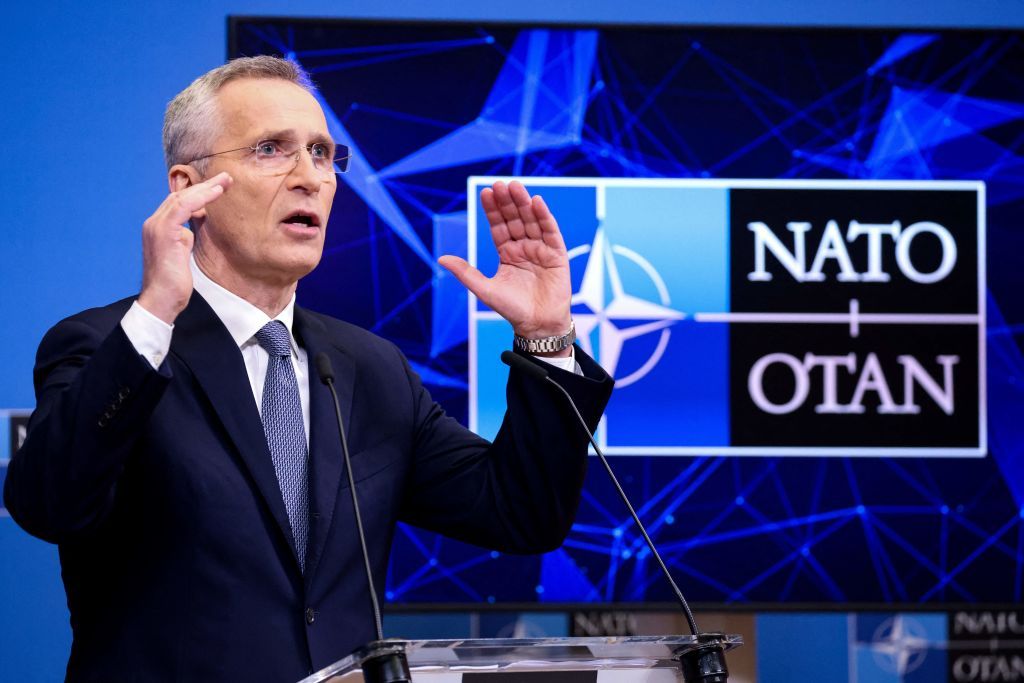Stoltenberg: NATO fails to agree on long-term financial support for Ukraine

NATO allies have failed to agree so far on a long-term financial pledge for Ukraine, NATO Secretary General Jens Stoltenberg said on Jun 14 after a two-day meeting of the alliance's defense ministers in Brussels.
Stoltenburg has proposed that NATO provides Ukraine with at least 40 billion euros ($43 billion) in military support each year, "for as long as necessary."
"Many allies are very supportive of the idea that we need not only to have short-term pledges," Stoltenberg told reporters. "But if we have more long-term pledges, it will give the Ukrainians better planning assumptions, more predictability, and transparency."
"Most importantly, it will send a message to Moscow that they cannot wait us out," Stoltenberg said.
The NATO defense ministers did, however, agree on a plan to coordinate security assistance and training for Ukraine, which will be launched at the NATO summit in Washington on July 9-12.
"This will allow NATO leaders to launch this effort at the Washington summit in July, putting our support to Ukraine on a firmer footing for years to come," Stoltenberg said.
In preparation for the Washington summit, NATO allies also need to not only agree on a long-term financial pledge, but also on delivering immediate capabilities such as ammunition, as this is "the most urgent," Stoltenburg said.
Stoltenberg's announcement that NATO allies did not manage to agree on a long-term financial commitment for Kyiv comes after news that Hungary will not join NATO initiatives to support Ukraine, but will not obstruct them either.
"Prime Minister Orban has made it clear that Hungary will not participate in these NATO efforts, and I accept this position," NATO Secretary General Jens Stoltenberg said on June 12 after talks with Hungarian Prime Minister Viktor Orban.
Budapest will not contribute any funds or personnel to these efforts. At the same time, Stoltenberg said Orban assured him that "Hungary will not oppose these efforts, enabling other allies to move forward," Stoltenberg said.
Budapest has repeatedly opposed Ukraine's accession to NATO and the EU, sanctions on Russia, undermined Western aid efforts for Ukraine, and maintained close relations with Moscow throughout the full-scale war.














